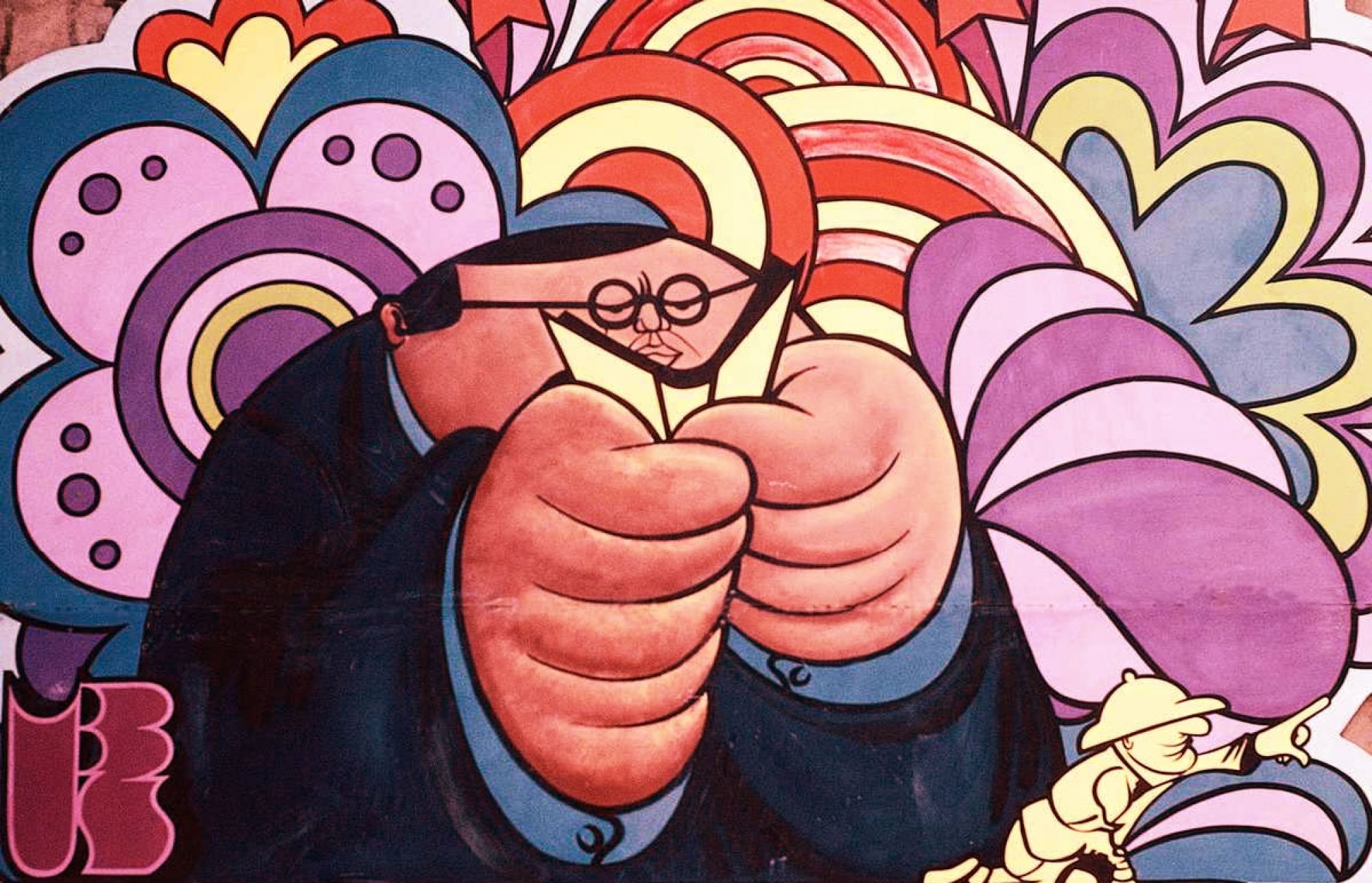In this powerful, shocking and highly absorbing new work, Anne Cameron picks up a thread from her prize-winning novel Dreamspeaker, in which an eleven-year-old abuse survivor and runaway named Peter Baxter is taken from his adopted family – two reclusive Native elders – only to be destroyed by the child welfare system that supposedly exists to protect him. Cameron asks why more and more kids are at risk, in spite of official inquiries, public outcries and millions of taxpayer’s dollars. She finds part of the answer in the “ordinary” nuclear family, presenting a technicolour nightmare of hand-me-down dysfunction spiked with the black humour reminiscent of her 1995 bestselling novel The Whole Fam Damily, and another part in the child welfare system that covers the butts of everyone except the kids.
Cousins Fran and Liz are children of parents who came from violent families, then grew up and started new violent families. By the time Fran has had a few children and a long procession of “difficult” fosters, she has begun to write down her family history and to realize just how deeply troubled her family is – back through who-knows-how-many generations. While Fran struggles to work out her past, Liz concentrates on her violin and music career and tries to forget her own traumatic childhood. But when Peter Baxter’s tragic end hits the headlines, the story affects more people than just his family members and social workers. Everyone becomes involved, from his peers at the reform school to Fran and Liz and their families.
What’s to be done? It’s too late for Peter Baxter, but in the aftermath, one by one, people can stand up to the system and make a difference. Fran and Liz, who choose different ways to survive the horror of their childhoods, remain friends and allies as they repair the damage visited on their children and grandchildren. Anna Fleming, a social worker with an impossible case load, shows what caring really means. And Jackie, a kid who’s never had a break, just keeps on running. Their story makes Aftermath both deeply moving and profoundly hopeful.
( Courtesy of Harbour Publishing, 398 pages )

